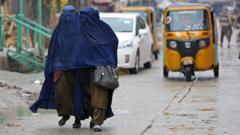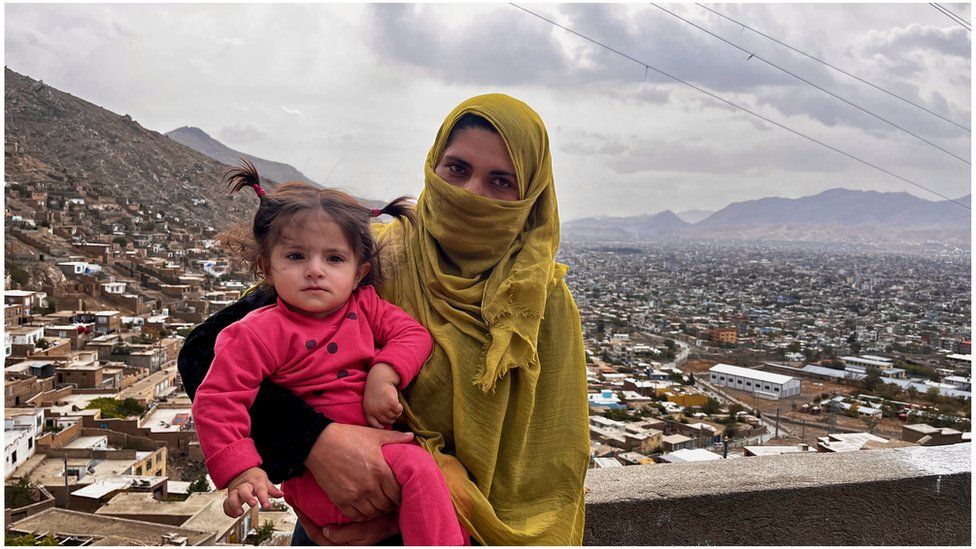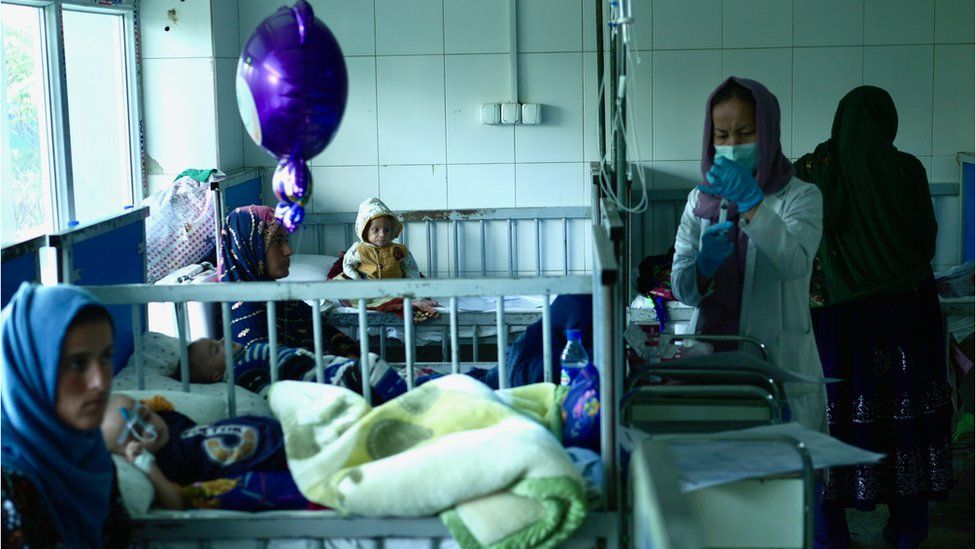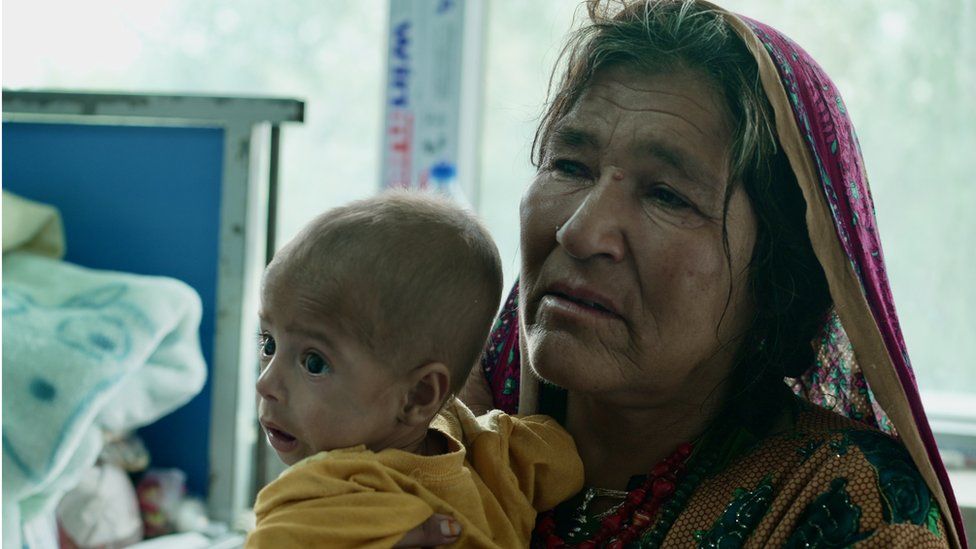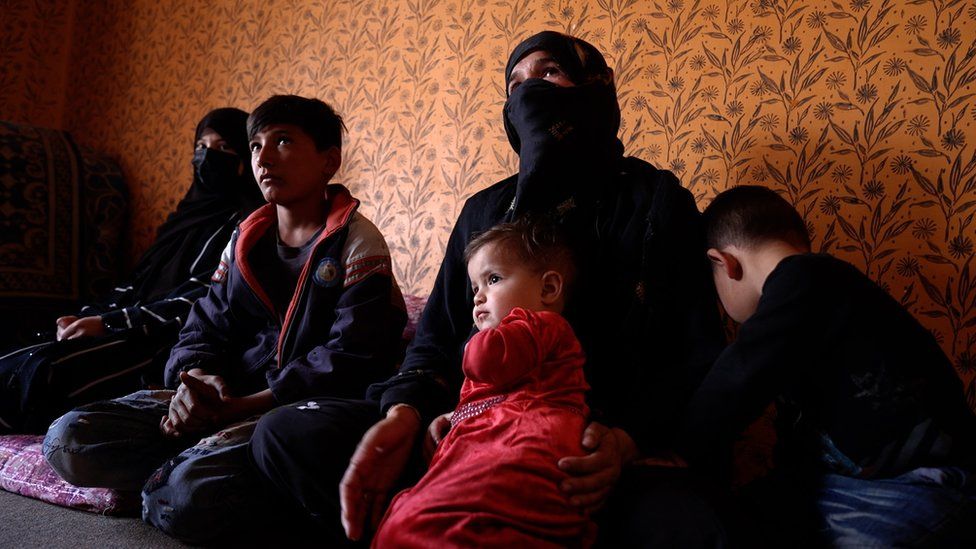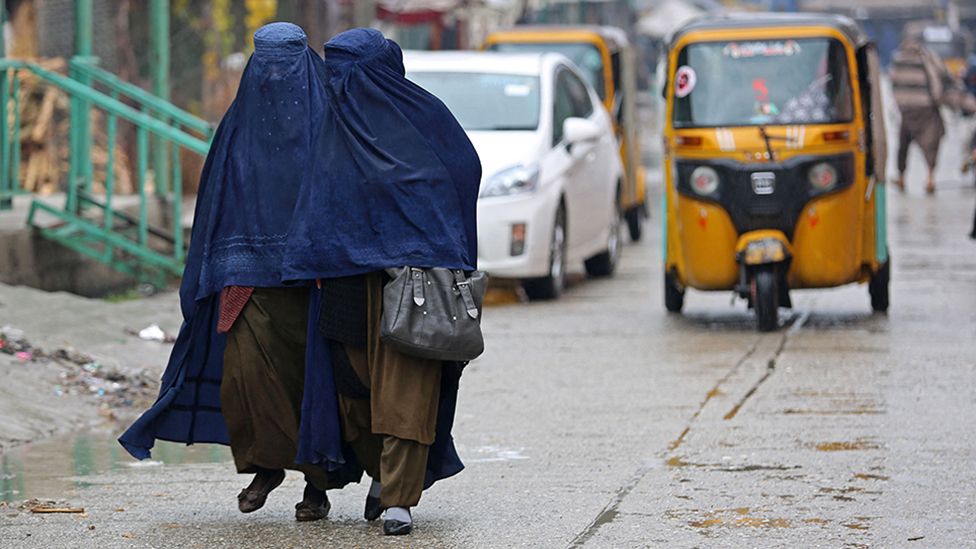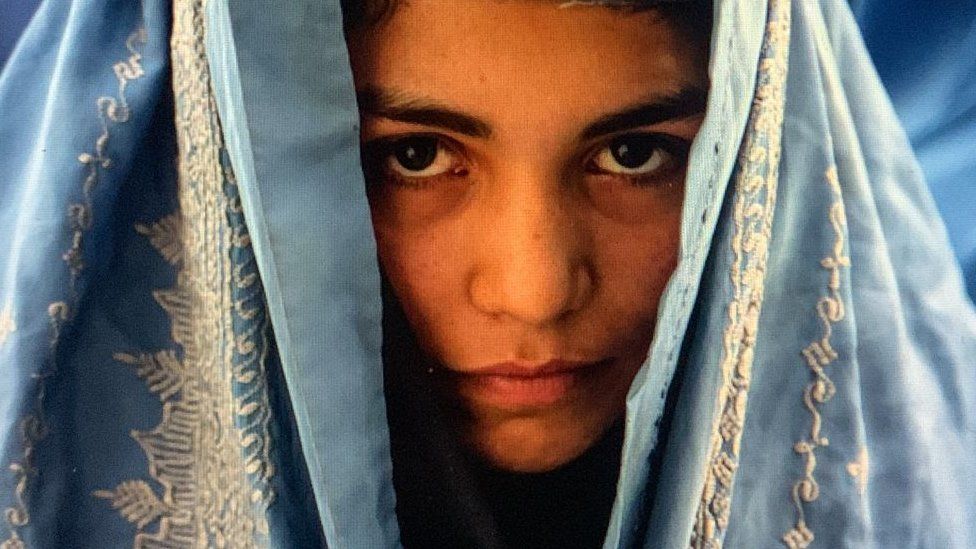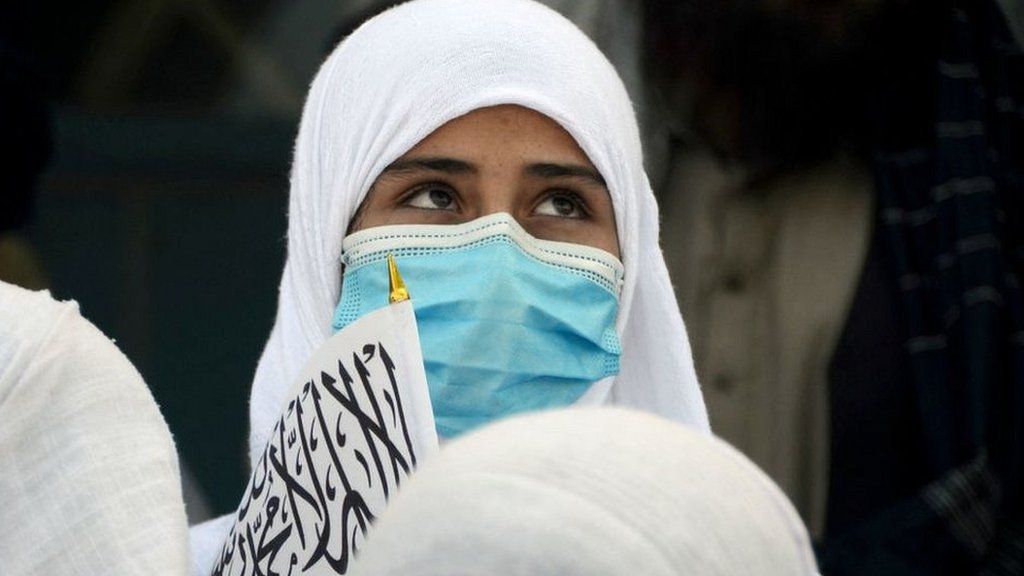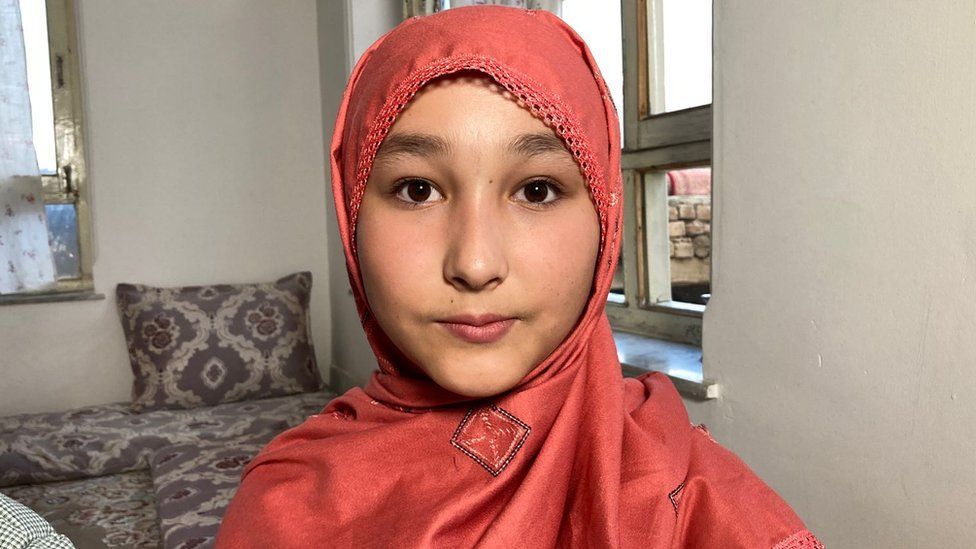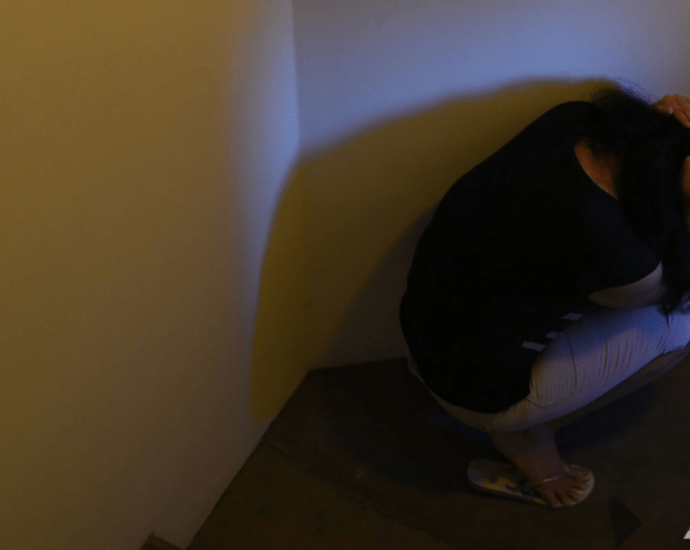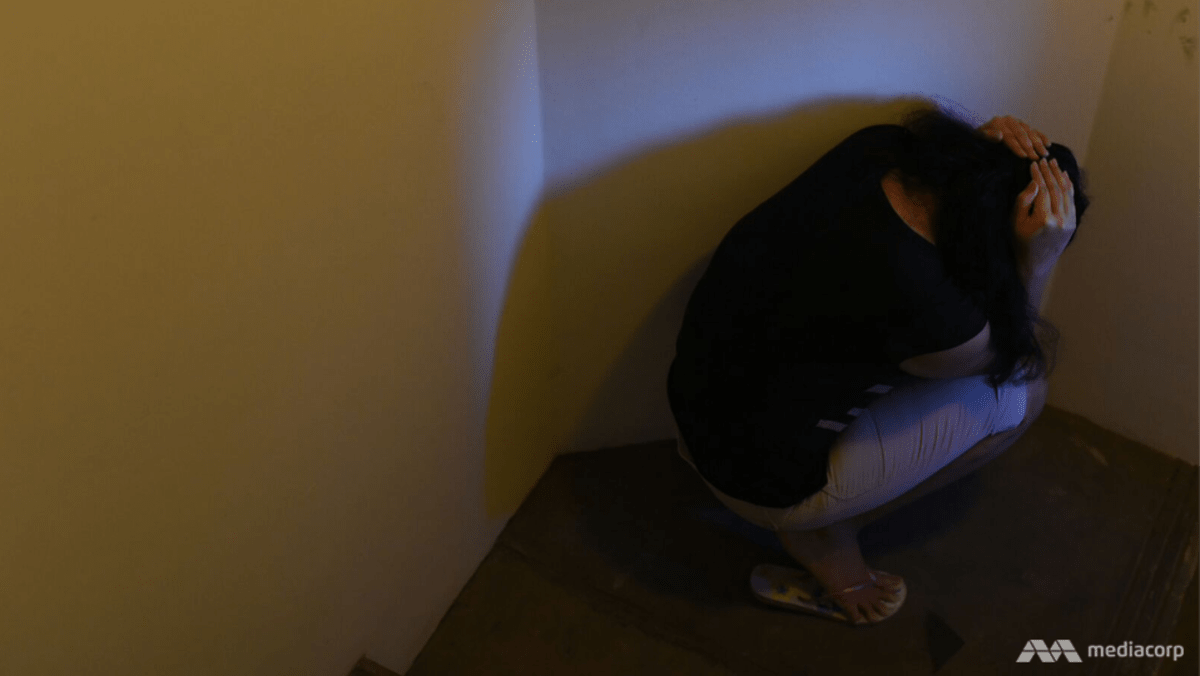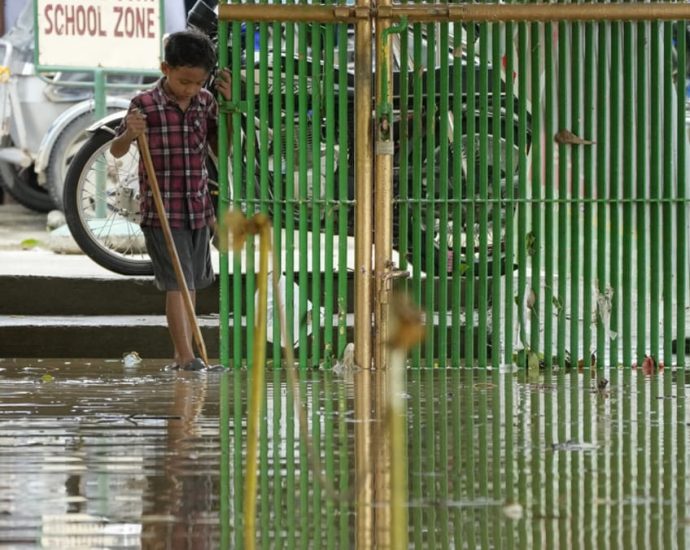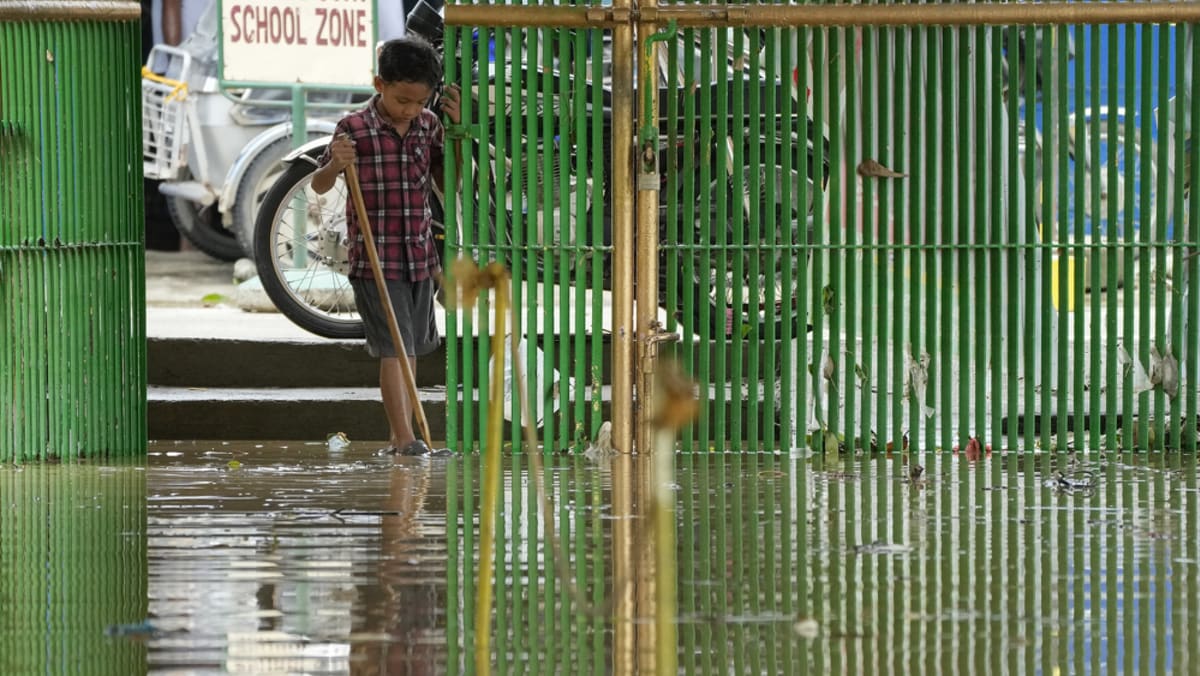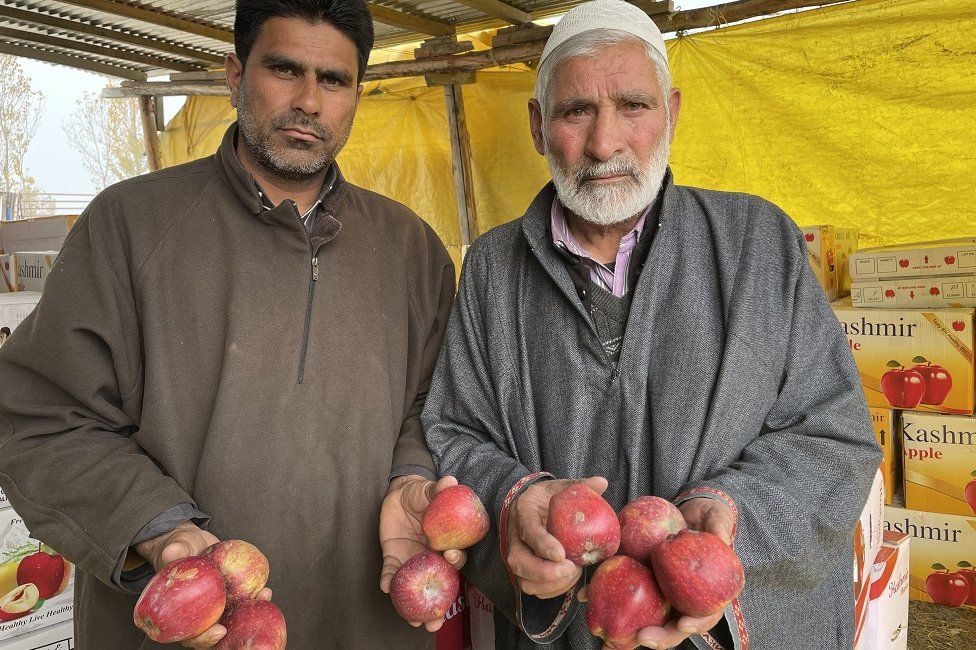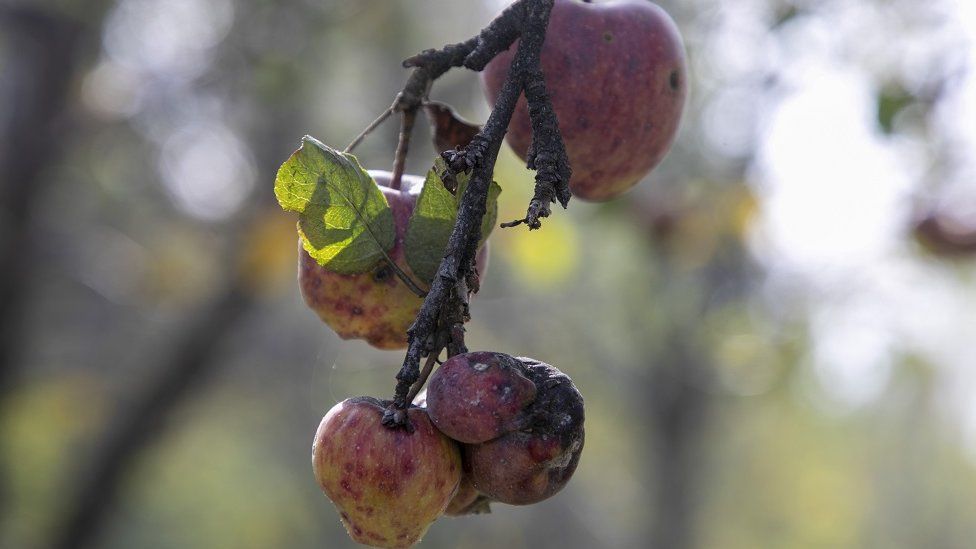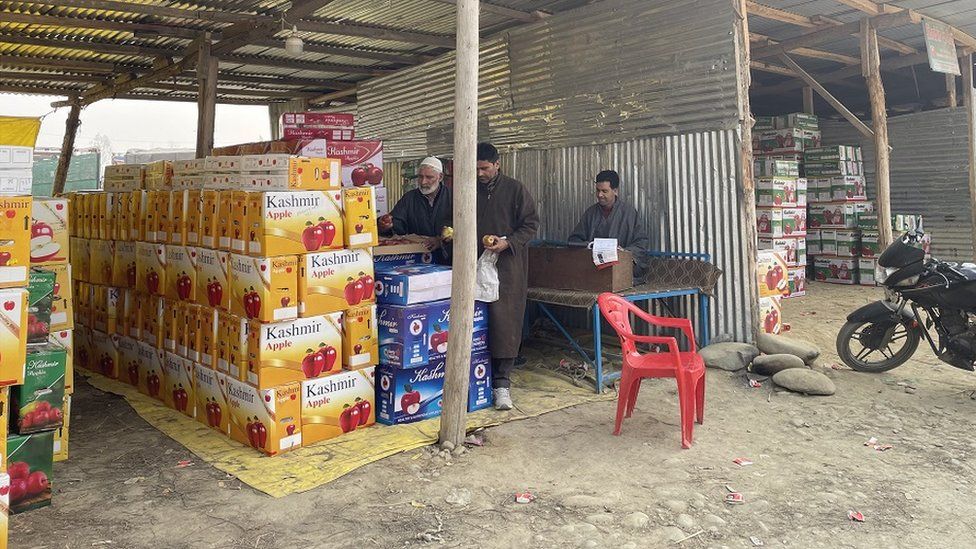Man jailed for making false bomb threat on Scoot flight to Perth, suffered relapse of schizophrenia

Hawkins was monitored closely for the rest of the flight, and he was compliant, remaining in his seat.
The plane landed at a remote location at Changi Airport, where airport police set up a cordon. Airport staff and police officers were activated.
The K9 unit performed checks and the airport emergency services were also activated in case there was a fire from a bomb blast.
Checks of the luggage and belongings of Hawkins and his wife revealed nothing incriminating. He was escorted out of the plane and arrested at about 9.10pm.
The plane was towed along the tarmac to a gate at Terminal 1, and the 11 crew members and the remaining 362 passengers got off the plane at about 9.20pm.
They reboarded the plane at about 10.45pm and departed for Perth at about 11.40pm – a total of about seven hours’ delay.
HAWKINS’ MENTAL STATE
Hawkins was remanded for psychiatric assessment at the Institute of Mental Health and found to have suffered a relapse of schizophrenia along with an episode of major depressive disorder around the time of the offence that contributed to his offending.
However, he was not of unsound mind and was fit to plead in court.
Deputy Public Prosecutor Grace Chua asked for four to six months’ jail for Hawkins, saying bomb hoaxes are “particularly pernicious” in the present climate and citing the difficulty of determining from the outset if a threat was genuine or not.
Substantial resources were deployed to combat the perceived threat, said Ms Chua.
She cited three aggravating factors – the first being that the bomb hoax was made on a plane where there was no means of escape and parties were forced to remain on board and “endure the stress”.
Second, there were significant disruptions to other passengers, and the “frustration and distress caused” cannot be understated, she said.
Fighter jets, airport and police staff had to be mobilised, with the net effect being “a severe drain on public resources”, said Ms Chua.
MENTAL CONDITION INHERITED: DEFENCE
Defence lawyer S S Dhillon asked for four months’ jail for his client, who is a forklift operator in Australia.
Hawkins is married with no children, said Mr Dhillon. His father suffers from bipolar disorder and his mother had major depression with anxiety, so his mental condition “is sort of inherited from his family”, said the lawyer.
He said Hawkins was previously hospitalised for psychotic episodes in 2019 and suffered no relapses until the current incident.
Mr Dhillon stated in his written mitigation plea that Hawkins had gone to Thailand for a holiday with his wife and stayed with her parents there.
Hawkins felt suspicious as he felt left out of family activities and began hearing a repetitive voice telling him to divorce his wife. He also began feeling that his wife did not love him and felt that her family members were talking about him, said Mr Dhillon.
The lawyer said Hawkins felt the plane would crash when he boarded the Scoot flight, as he thought people were looking at him suspiciously and speaking about him.
He felt it was better if he was arrested and put into a mental hospital for the rest of his life, so he did not have to face his social problems.
Hawkins posted on his Facebook account that he was going to murder his wife when they returned to Perth, but he deleted this.
Then, he told the crew he had a bomb, hoping to be arrested in Perth but not knowing he would cause the plane to return to Singapore and inconvenience others, said Mr Dhillon.
“He just wants to get over this episode,” said Mr Dhillon. “Return back home, and continue his treatment.”
In sentencing, District Judge Elton Tan said an empty threat such as in this case is both “expensive and wasteful”, causing “considerable disruptions to the lives of innocent parties”.
False threats often have the potential to exact and often do exact considerable private and public costs, said Judge Tan.
However, he accepted two mitigating factors in Hawkins’ favour – his plea of guilt, a sign of contrition, and his mental disorders which contributed to the offence.
“He did not know at the time the extent of the inconvenience he would cause,” said the judge, citing a psychiatric report.
However, despite Hawkins’ understanding of the situation being distorted by his mental condition, he still knew what he was doing, said Judge Tan.
He urged Hawkins’ family to help him seek the necessary psychiatric care upon his release and allowed the jail term to be backdated to his first date of remand in October.




